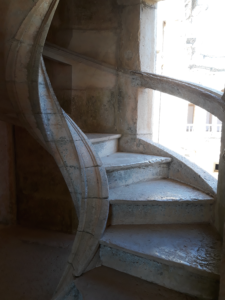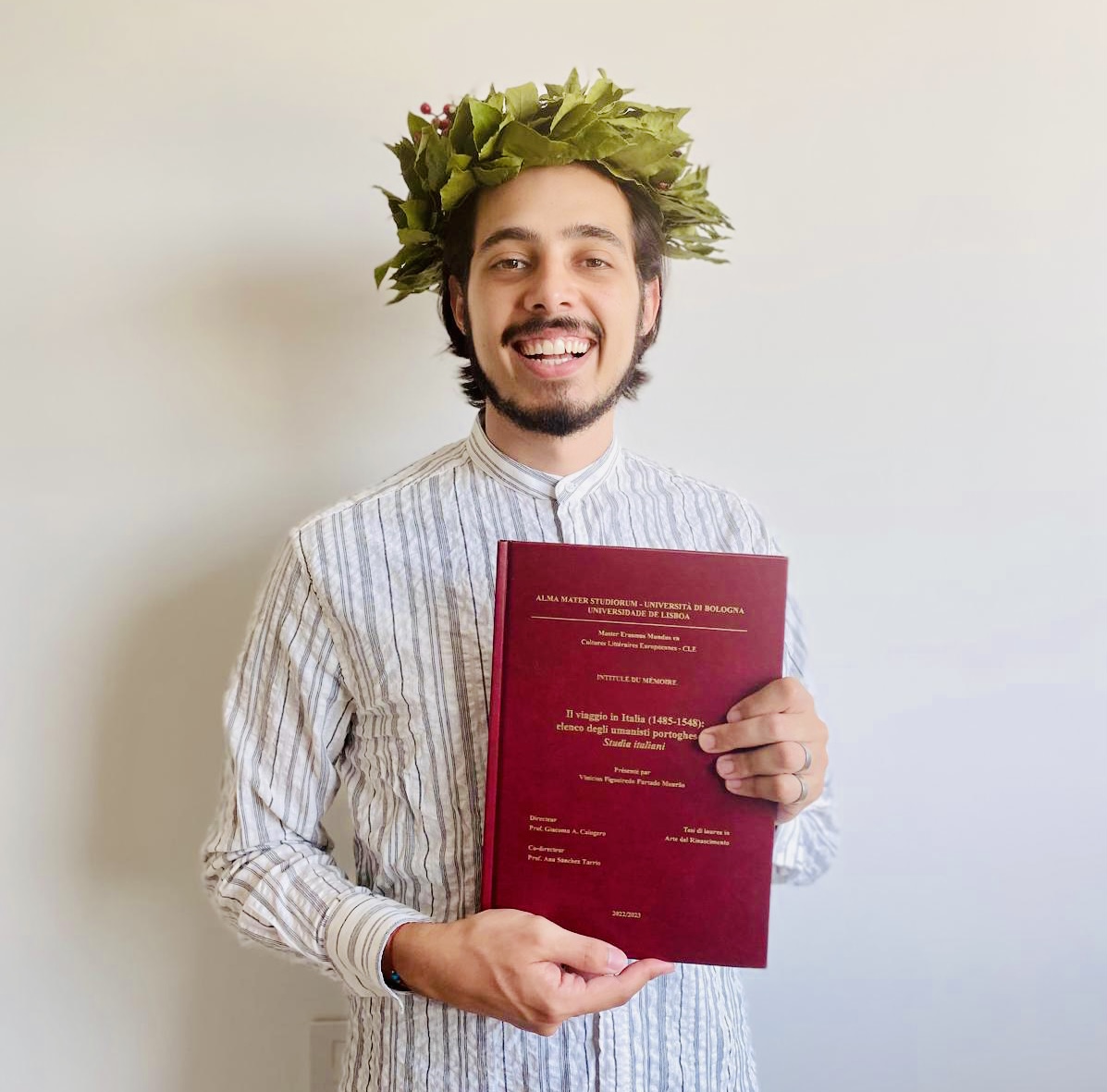
HPRT 5. HVMANISTICA: Neo-Latin Portuguese literature
HPRT 5. HVMANISTICA is focused on the edition and study of humanistic Iberian texts (XV-XVII centuries) - distinguised by a bilingual or trilingual condition (Latin, Portuguese and Castilian) -, with translations into Portuguese and/or English*. According with the specific problematics related to the corpus that we study, the group is organized into seven sub-groups: 1. HUMANISTAS. For the history of female education in the Iberian Peninsula: Leonor de Noronha, Princess D. Maria, Luísa Sigeia. 2.- CAMONIANA: Luís de Camões and the iberian and european litterature. 3.- LUSITANIA RESTAVRATA: the humanistic tradition and the Portuguese Restoration. 4.- BIBLICAL HUMANISM in Portugal: Frei Mendes Pinto/Aquiles Estaço. 5.- JURIDICAL HUMANISM: Luís Teixeira. 6.- PORTUGAL AND THE EUROPEAN REPUBLIC OF LETTERS: Damião de Góis. 7.- ITINERARIVM ITALICVM. Portuguese humanists in Italy (Aquiles Estaço, Luís Teixeira, Damião de Góis, Henrique Caiado, Martim de Figueiredo). HPRT 5. HVMANISTICA coordenates an international network for the study of Iberian humanism: HUMANISTICA IBERICA, integrated in this moment by the following Universities: Catholic University (Lisbon), University of Bologna, Kings Collegue (University of London), Sorbonne II (Université de Paris), Universidad de Cádiz, Universidad Autónoma de Barcelona. This net seeks to stimulate the international diffusion of the Iberian authors, and the specific training of young national and foreign researchers for the study of humanistic iberian texts of the XV-XVII centuries. The group is committed to a wider dissemination of the Portuguese production of this period among the public, promoting the transfer of the research carried out, especially through the organization of exhibitions in Portuguese and foreign public entities (National Library of Portugal, Public Library of Évora, Vallicelliana Library (Rome). *The humanistic epigraphic corpus of this period (which includes Latin and Portuguese inscriptions) is studied in collaboration with the EPIGRAPHICA group at the CEC.










